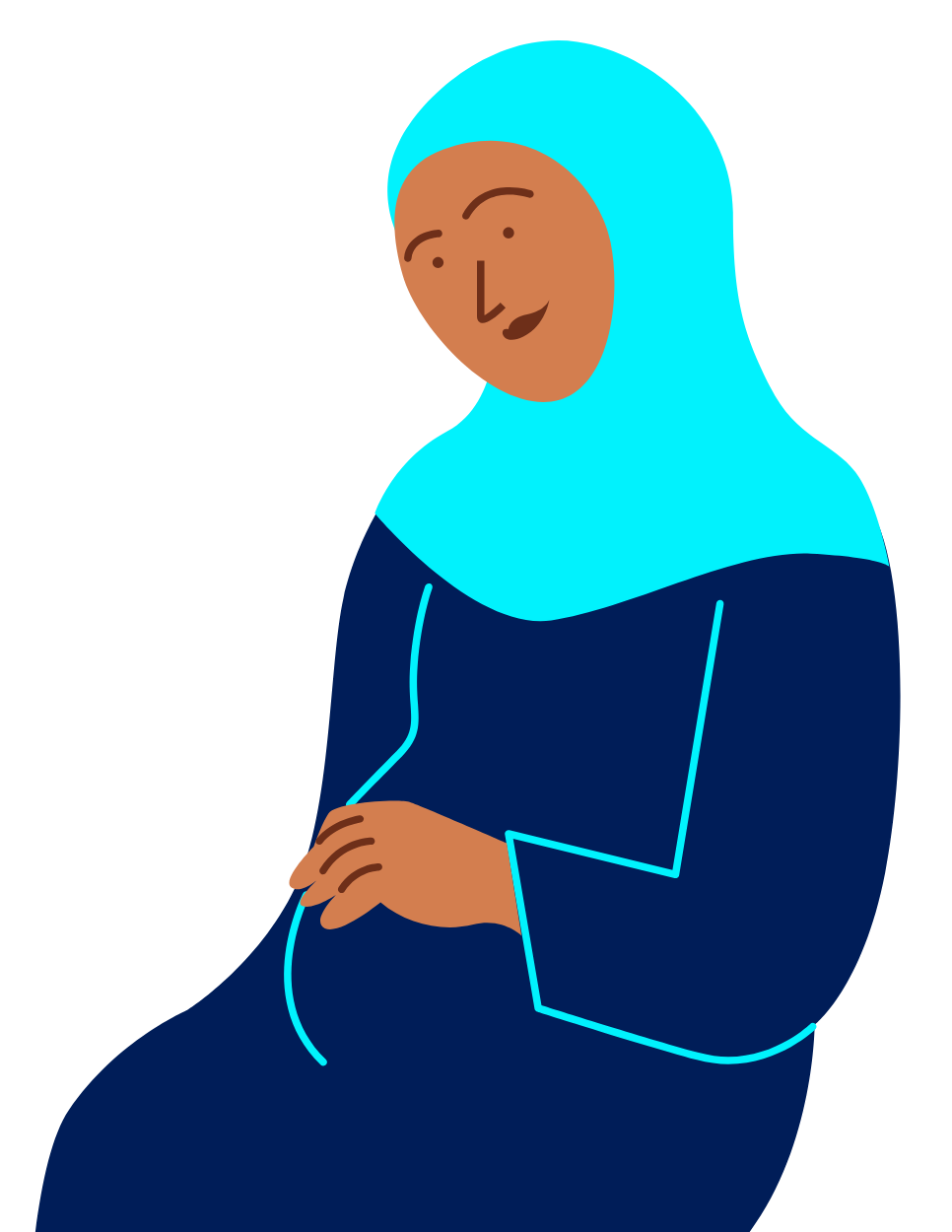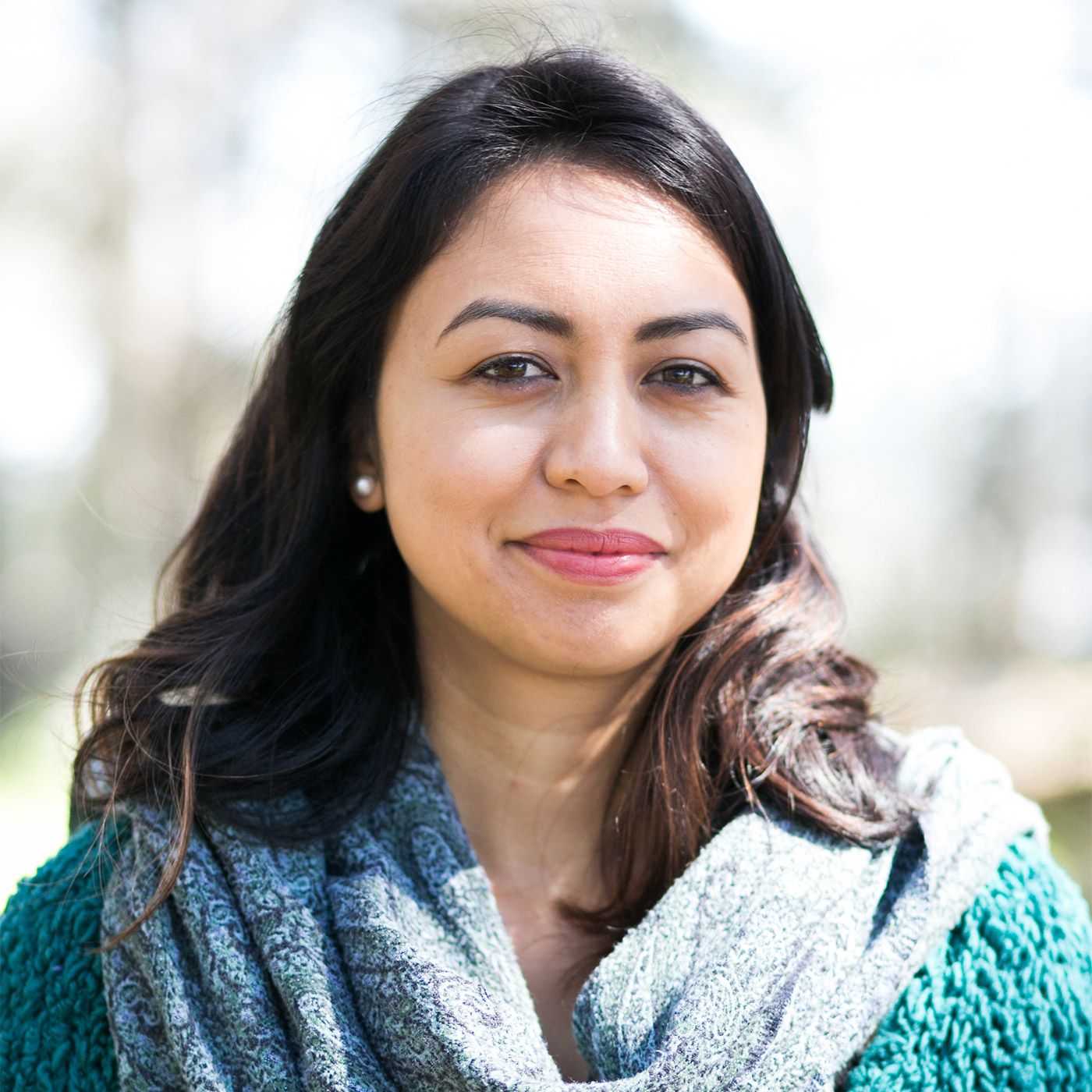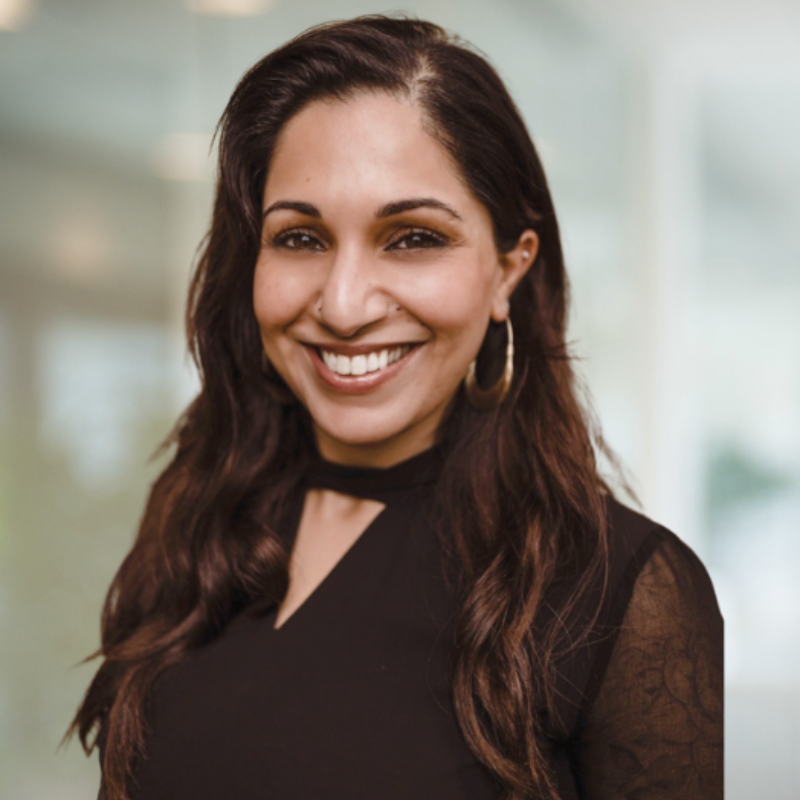A FREE, 3-Part Trauma-Informed Workshop for Muslimahs
RSVP for the Completion Ceremony & Brunch!



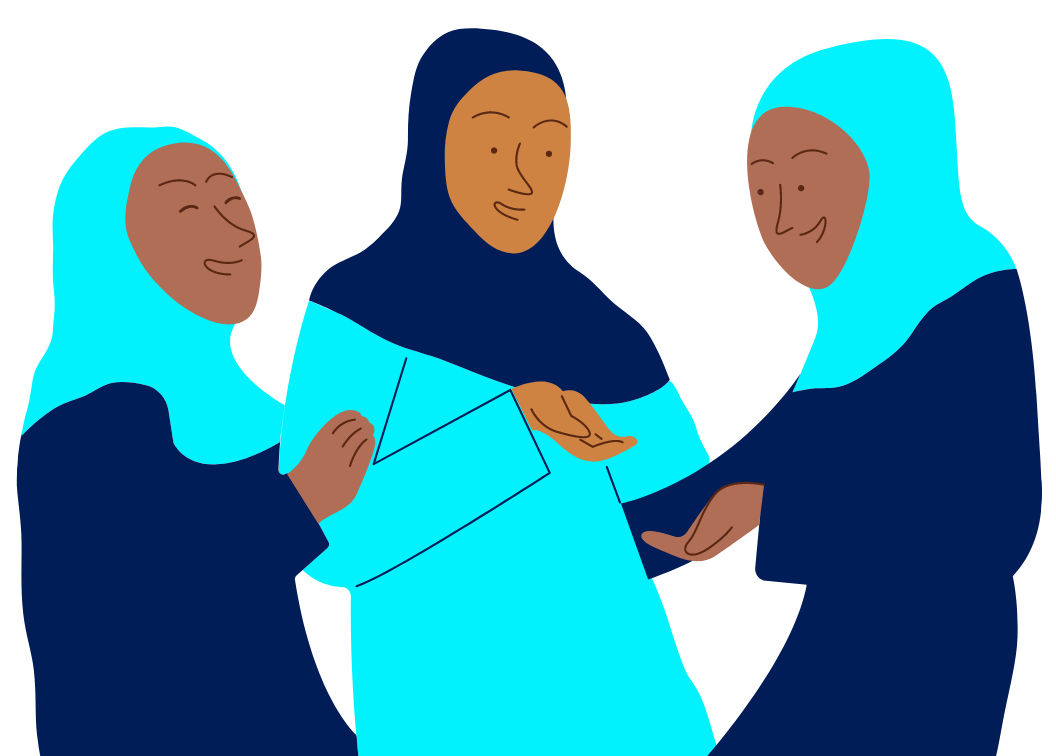
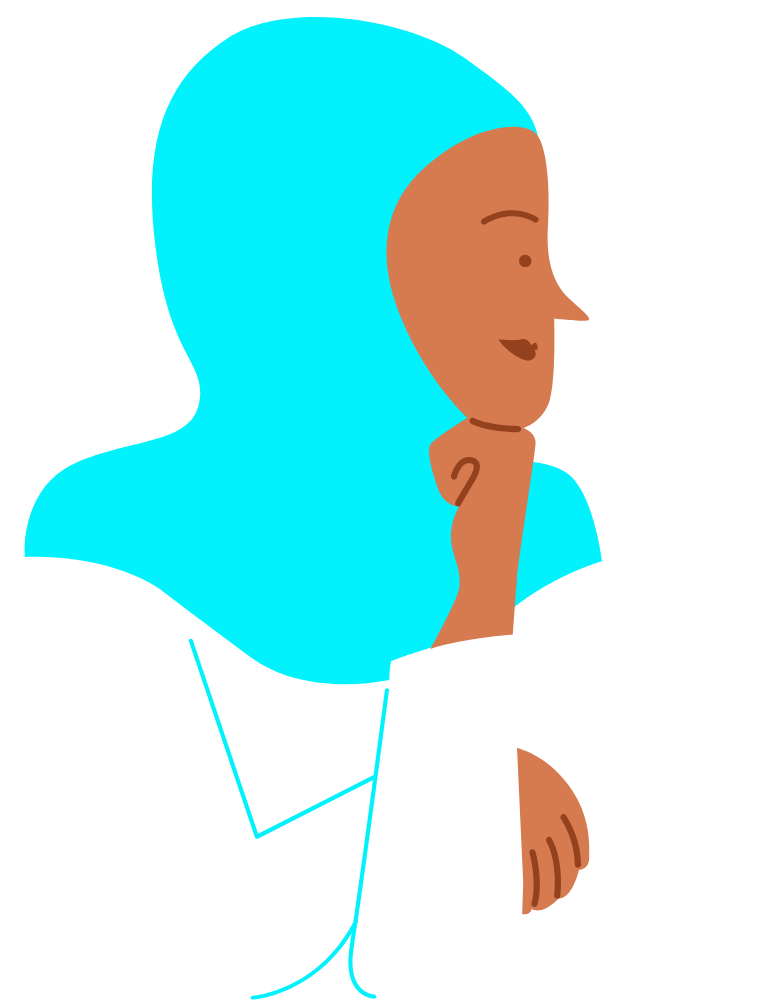
Exclusively for Muslim women, this free 3-part workshop helps you learn how to navigate stress and trauma– especially in these challenging times.
Do you feel like you are living in two-worlds, like you’re not doing enough? Are you experiencing rage, grief, heartbreak, survivors guilt, loneliness, hopelessness, exhaustion due to the genocides in Palestine, Sudan, Congo, the displacement in Pakistan/Afghanistan and other current events. Are you struggling with other people’s responses and the impact of Islamophobia? All while carrying past experiences, navigating everyday tasks, and taking care of your loved ones? It’s no wonder you’re overwhelmed. You are not alone.
This space is for you. In this Introduction to The Resilience Toolkit you will discover how to reduce overwhelm and grow resilience using practical body-based tools and your existing Islamic practices (prayer, Qur’an reading, dhikr, etc). Connect with other Muslimahs and get the support you need in this warm, inclusive space. Together we will explore how to sustain care and connection in order to take care of ourselves and our communities.
مقدمة في مجموعة أدوات المرونة والتحمل للنساء المسلمات
تبدأ الدورات مرة أخرى في مايو 2024
تيسير من قبل Desiree Magsombol و Gia Hasan من Lumos Transforms
ستساعدك ورشة العمل المكونة من ثلاثة أجزاء، والمصممة خصيصًا للنساء المسلمات، على التغلب على التوتر والصدمات – خاصة في هذه الأوقات الصعبة.
هل تشعر وكأنك تعيش في عالمين، وكأنك لا تفعل ما يكفي؟ هل تعاني من الغضب والحزن والحسرة والشعور بالذنب والشعور بالوحدة واليأس والإرهاق بسبب الإبادة الجماعية في فلسطين والسودان والكونغو والنزوح في باكستان/أفغانستان وغيرها من الأحداث الجارية. هل تواجهين صعوبة في التعامل مع ردود فعل الآخرين وتأثير الإسلاموفوبيا؟ كل ذلك أثناء تحمل تجارب الماضي، والتنقل في المهام اليومية، ورعاية أحبائك؟ لا عجب أنك طغت. انت لست وحدك.
هذه المساحة لك. في هذه المقدمة لمجموعة أدوات المرونة، ستكتشف كيفية تقليل الإرهاق وتنمية المرونة باستخدام أدوات عملية تعتمد على الجسد وممارساتك الإسلامية الحالية (الصلاة، وقراءة القرآن، والذكر، وما إلى ذلك). تواصل مع المسلمين الآخرين واحصل على الدعم الذي تحتاجه في هذه المساحة الدافئة والشاملة. سنستكشف معًا كيفية الحفاظ على الرعاية والتواصل من أجل الاعتناء بأنفسنا ومجتمعاتنا.
Choose your session and sign up here!
Introduction to The Resilience Toolkit for Muslimahs is meant for all body types and is easily adaptable for any fitness level or mobility challenge. After completing The Resilience Toolkit, you can practice it on your own, whenever you need it!
Have questions? Contact Lumos Transforms at info@lumostransforms.com.
Click here to learn more about The Resilience Toolkit.
Completed the Intro course and want to learn more? Take the next steps in your resilience journey in Toolkit 2 or check out the Alchemical Resilience Collective.
